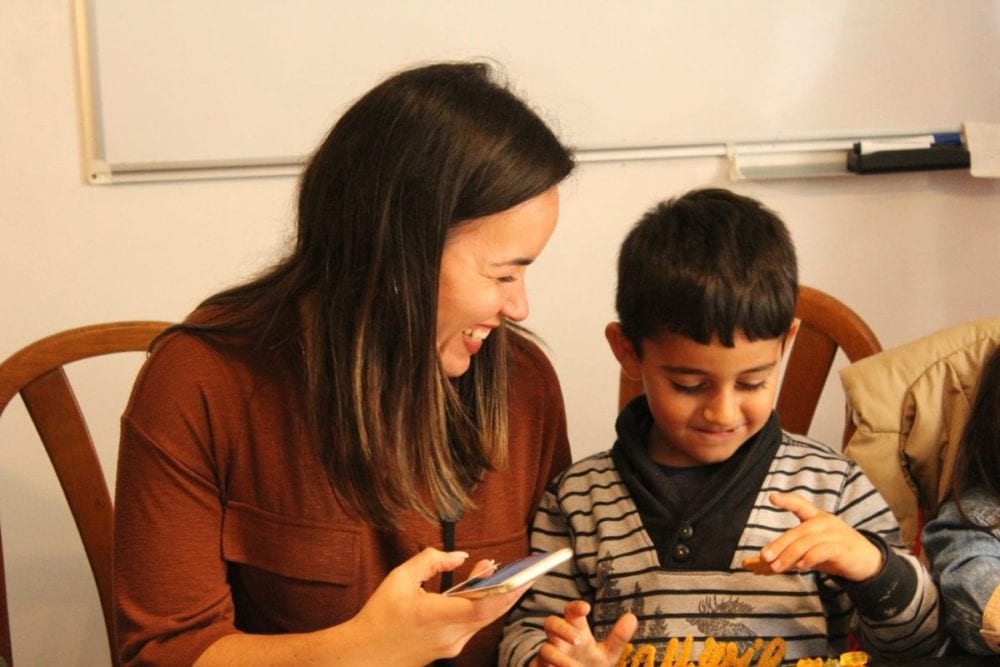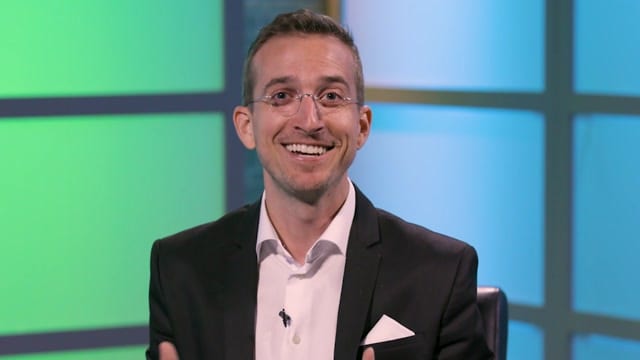
Ever since I was a little girl, justice was really important to me. As I grew up, this feeling of justice continued to grow stronger in me and become a part of who I was.
When I was 14, I went with my dad to Guinea Bissau. It’s a tiny little country in western Africa. On the first day we were there, I remember being so shocked with a different reality that I had never seen before. For the first time, I saw real inequality. For the first time, I saw real poverty. That trip really impacted me.
A different perspective of the world.
I remember coming back to Portugal, and seeing my own reality with different eyes. Before it was so normal, but now I had a different perspective. I had a broader understanding of the other realities that existed in the world. I started asking, “What can I do? What can I do with my life that will bring justice to the world? What can I do to establish a little more equality in my surroundings?” God started to grow this deep desire within my heart. There’s a verse in Isaiah 1:17, and it says, Learn to do what is right. Seek justice. Defend the oppressed. Plead the case of the widow and the orphan.
I decided to study politics and international relations. I had the opportunity to go to Scotland to the University of Aberdeen. During those four years, God opened doors for me to go to India, Sir Lanka, Mozambique and different countries where I got to further my understanding.
A different perspective of my home.
I came back to Portugal with a very clear plan of what I wanted to do with my life, but God had a different plan for me. God started closing doors I thought he was clearly going to open. As time went by, I started looking at Lisbon a little differently. I started looking at my home city with different eyes and a different perspective.
I met a family from Nepal who had been in Portugal for just a couple of years. When I went to their house to have dinner, I saw the reality that they were living in—in my city. It was not what I thought existed in Portugal. In the same summer I graduated, two friends approached me and said, “We need to do something for the refugee crisis in Europe, for refugees coming to Portugal and so many migrants coming to Portugal looking for a better future. What are we doing? And what can we do?”
John Maxwell inspired me at the Summit.
At the time, I remember going to The Global Leadership Summit for the first time. I remember one particular session—it was John Maxwell. He was closing his session when he told a story about a lady named Gabi and how she had decided she was going to use her life to add value to other people’s lives. I remember him looking into the camera and saying, “We need more Gabis in the world. Are you going to be the next Gabi, who intentionally decides to add value to other people’s lives?” And I was sitting there thinking, “ I AM Gabi, and I want to be the next Gabi!” And that’s where God really cemented the idea in me that I had to do something for the migrants and refugees in the city of Lisbon, and that this is where he wanted to use me.
The Lisbon Project is born.
Over a year has passed since we inaugurated the Lisbon Project, and we’ve been able to help over 420 people from all over the world from Syria, Eritrea, Somali, Iraq, Brazil, Venezuela, Colombia, the Philippines, India, Bangladesh and from all over. We’ve registered over 100 volunteers who have helped us provide services, healthcare, access to employment, language courses, skills training, workshops and so much more.
For six months my children were sleeping on the floor, but the Lisbon Project helped me. – Eli – refugee from Mosul, Iraq.
Jesus is the best thing I have to give.
None of this would make any since if I wasn’t giving people the best thing that I have, and that’s Jesus. We started having church gatherings on Sundays and Bible studies throughout the week. We’re having amazing one-on-one conversations with people who have never heard of the gospel.
God provides a way.
I love telling the story of the Lisbon Project because it is such an encouragement of how God can use anyone. It’s not about your qualifications. It’s not about your experience. It’s not about your knowledge. It’s about the willingness of your heart to step out and do something. Have faith that when God gives you a vision to do something, and God puts something in your heart, he will provide the way. He will equip you. He will bring people to you to provide and make that change that he’s put on your heart.




Recent Comments